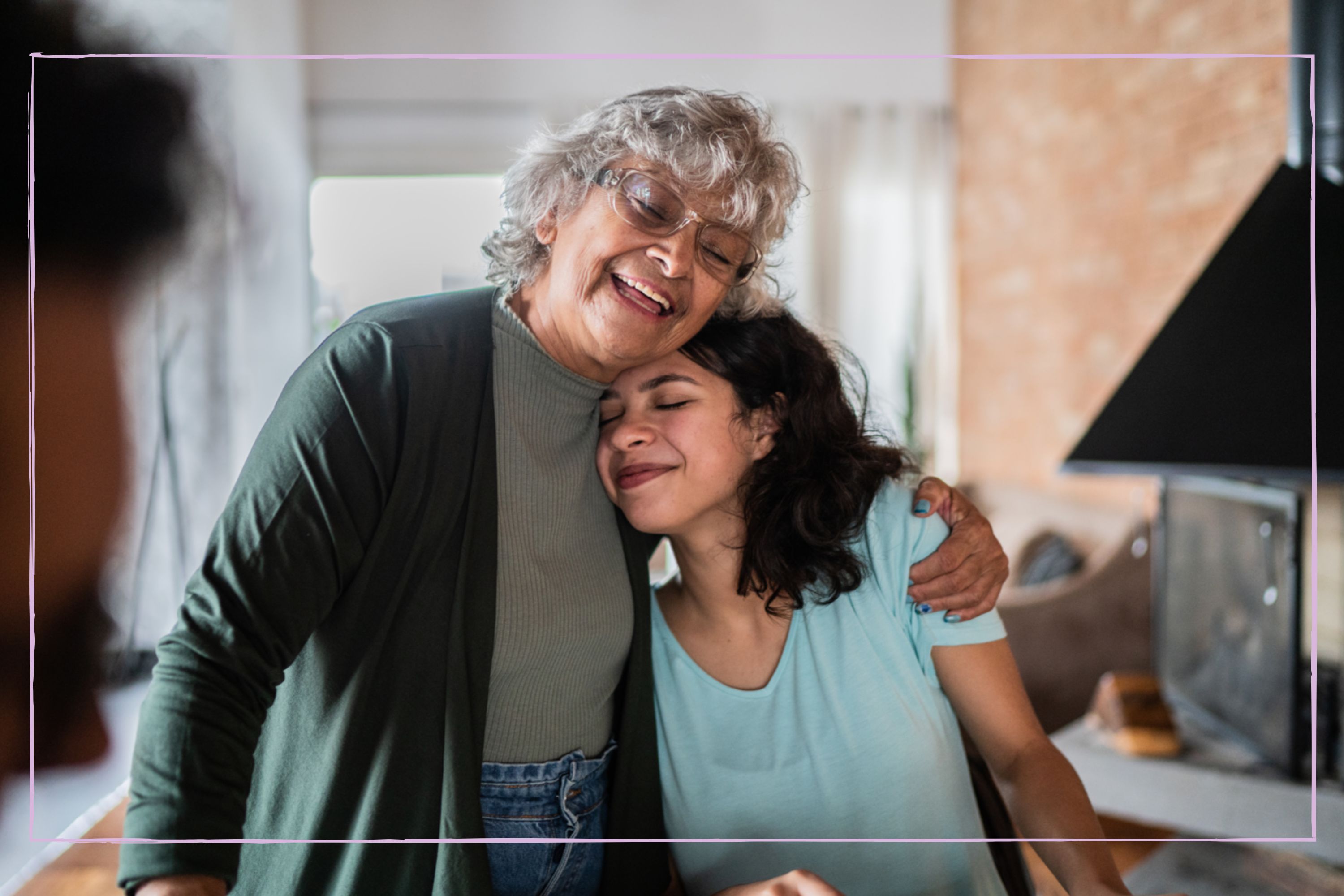Ever heard of 'Grandma brain'? Science reveals it's a thing - and it might be the reason we think grandparents love their grandkids more than their own children
Grandma brain may not be a scientifically recognised term, but science does have an explanation for the phenomenon

Science has revealed that 'grandma brain' is in fact a real thing and it might offer an explanation as to why we think grandparents love their grandchildren more than their actual kids.
As a parent, it's lovely to watch kids bond with their grandparents. Whether you visit the grandparents once a month when you can fit it in around hectic family schedules (and you shouldn't feel guilty as just the once monthly visit can help grandparents live longer), or your kids regularly spend time with their grandparents as they offer to help with childcare and wrap-around care, it's heartwarming to see their relationship blossom. Especially considering new research has shown the incredibly young age most children loose touch with their grandparents.
But for all the lovely things grandparents offer, like the advice they share with grandkids and the vital behavioural and emotional development a good relationship with them brings, sometimes a parent can be forced to ask, "Wait, do my parents love my kids more than they love me?"
You wouldn't be alone in thinking this. There's even a name for the phenomenon; 'Grandma brain.' Grandma brain explains the intense devotion and delight grandmothers feel towards their grandkids and science just proved that it's an actual, real-life thing.
Neurological researchers at the Department of Anthropology and Department of Psychiatry and Behavioural Sciences at Emory University scanned the brains of 50 grandmothers while they looked at photos of their grandchildren - and their brain activity showed the very real, very physical grandmaternal bond going on.
"What really jumps out in the data is the activation in areas of the brain associated with emotional empathy,” Dr. James Rilling, who headed the research told Good Housekeeping. “That suggests that grandmothers are geared towards feeling what their grandchildren are feeling when they interact with them. If their grandchild is smiling, they’re feeling the child’s joy. And if their grandchild is crying, they’re feeling the child’s pain and distress.”
What made the research even more interesting was the fact that, when researchers showed the study grandmas pictures of their own children, their brains did not light up in the same way. According to the data, a different area of the brain was activated when looking at their own kids, the one dedicated to cognitive empathy, not the one for emotional empathy like with grandchildren.
GoodtoKnow Newsletter
Parenting advice, hot topics, best buys and family finance tips delivered straight to your inbox.
The difference between the two is that, with emotional empathy, grandmothers are experiencing the same feeling their grandchild is feeling and empathising with them in that physical way. But with cognitive empathy, the grandmother is acknowledging and understanding what their child is feeling, but not experiencing the same emotion.
Exactly why this difference occurs is still unknown. The study was conducted back in 2021, but researchers are still examining the details for more information. One theory is that grandmothers may have more oxytocin, known as “the love hormone,” in their systems than women of the same age who are not grandmothers, allowing them to feel stronger emotions towards their loved ones. But there is still more research needed to confirm the idea.
Whatever the cause, grandmothers harbouring a close maternal bond to their grandchildren, Rilling speculates, makes evolutionary sense for the human race. He explains that, with help from a devoted, loving grandmother, first time parents would have an easier time raising their first child and subsequently be more likely to have more kids in the future, therefore continuing on the species. The idea makes a lot of sense, especially when you consider the many studies that have shown the importance of grandmothers in family life. For one, mothers are less likely to struggle with their mental health if their kids’ grandparents live close by and, in another shocking study, it was found that losing a grandmother can impact teenage boys' mental health for as long as seven years.
So, parents, next time you're feeling down about your parents' preference for your own kids over yourself, just remember; it's nothing personal. It's evolutionary... maybe.
Keep up to date with more family news like the recent research that revealed more than half of grandparents look after their grandchildren while their parents are at work and the testimonials that show grandparents believe they learn more from their grandkids than their own children. In other news, grandparents share their thoughts on today’s most popular parenting trends - and you might be surprised at what they have to say.
Charlie Elizabeth Culverhouse is a news writer for Goodtoknow, specialising in family content. She began her freelance journalism career after graduating from Nottingham Trent University with an MA in Magazine Journalism, receiving an NCTJ diploma, and earning a First Class BA (Hons) in Journalism at the British and Irish Modern Music Institute. She has also worked with BBC Good Food and The Independent.